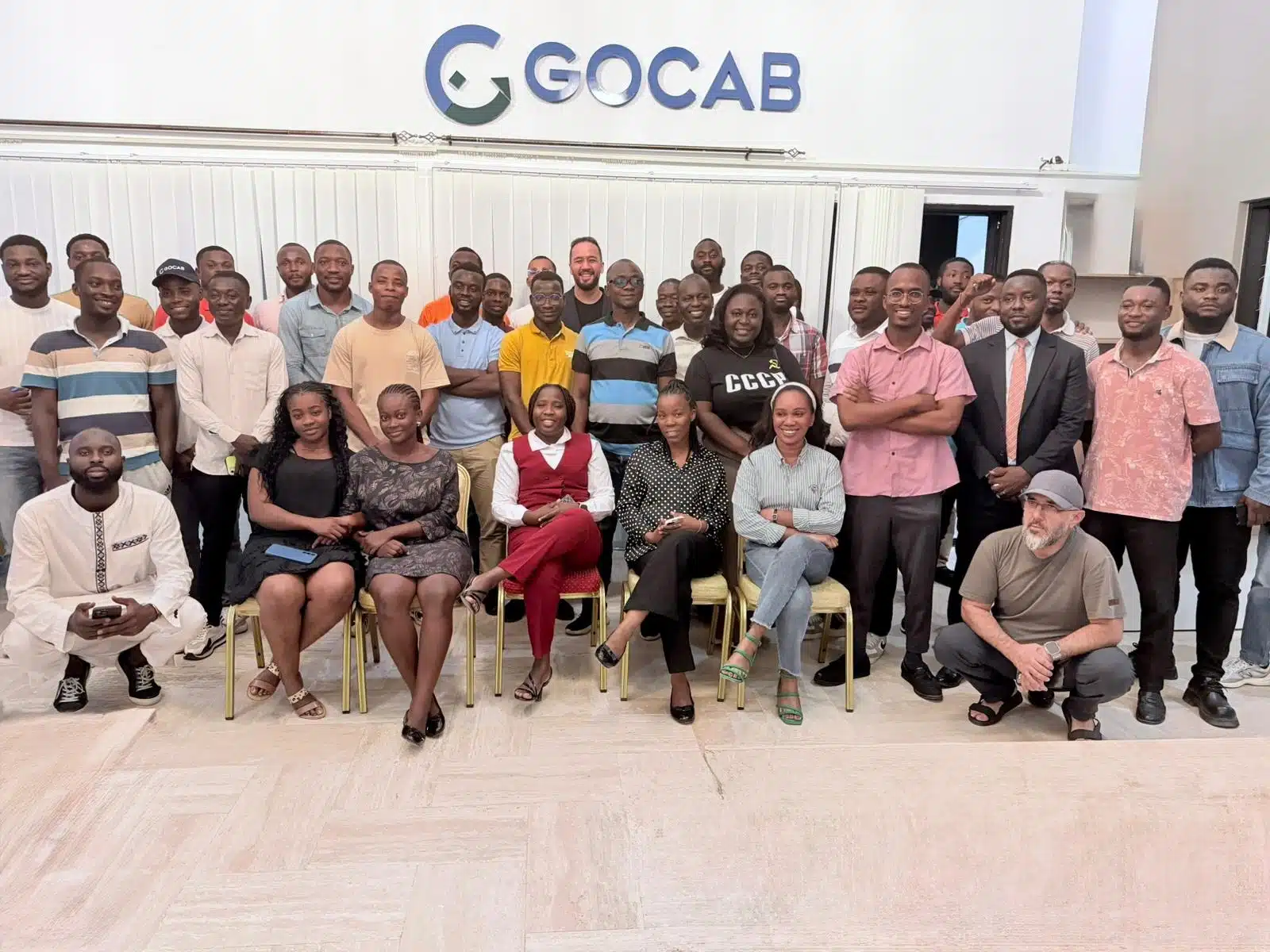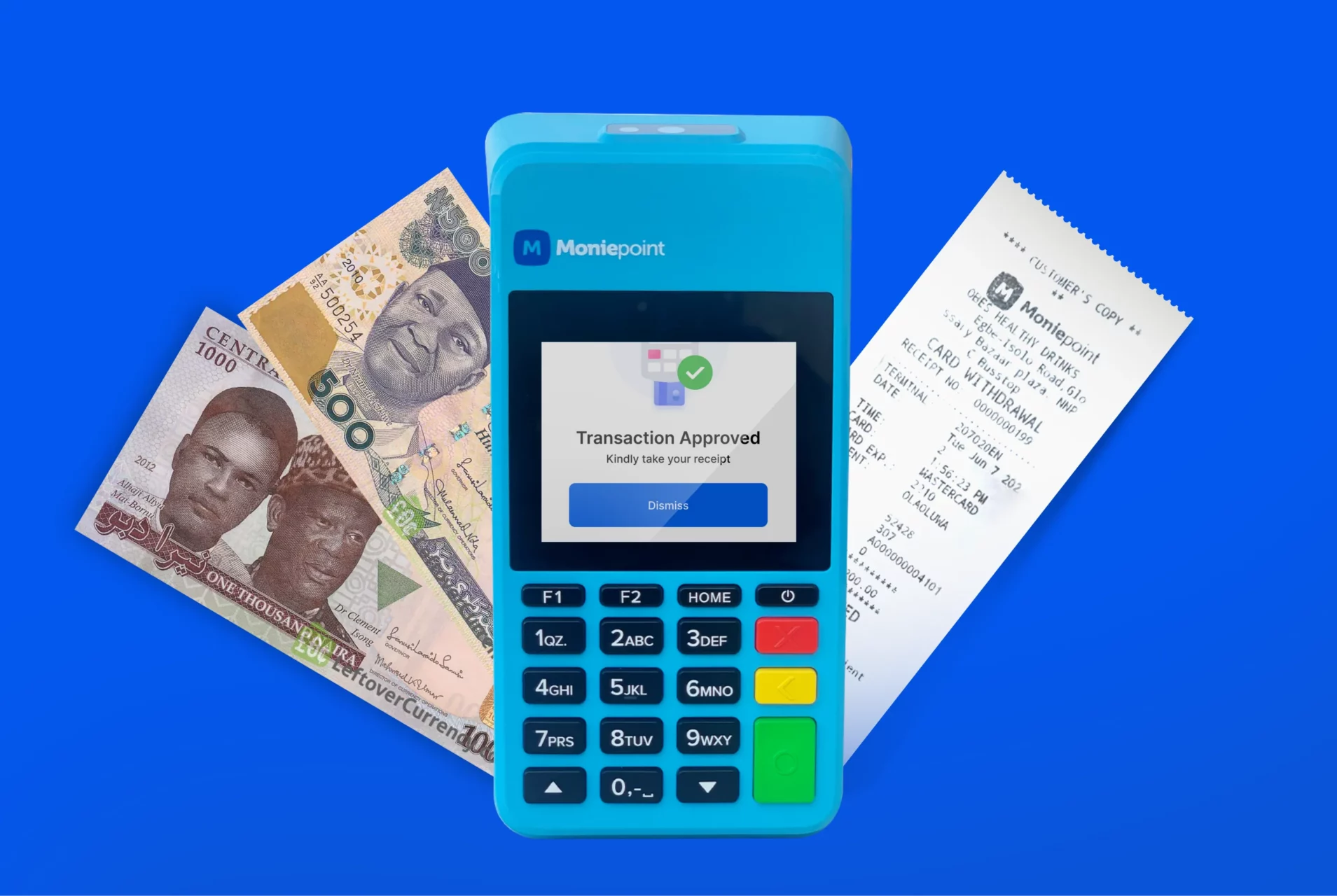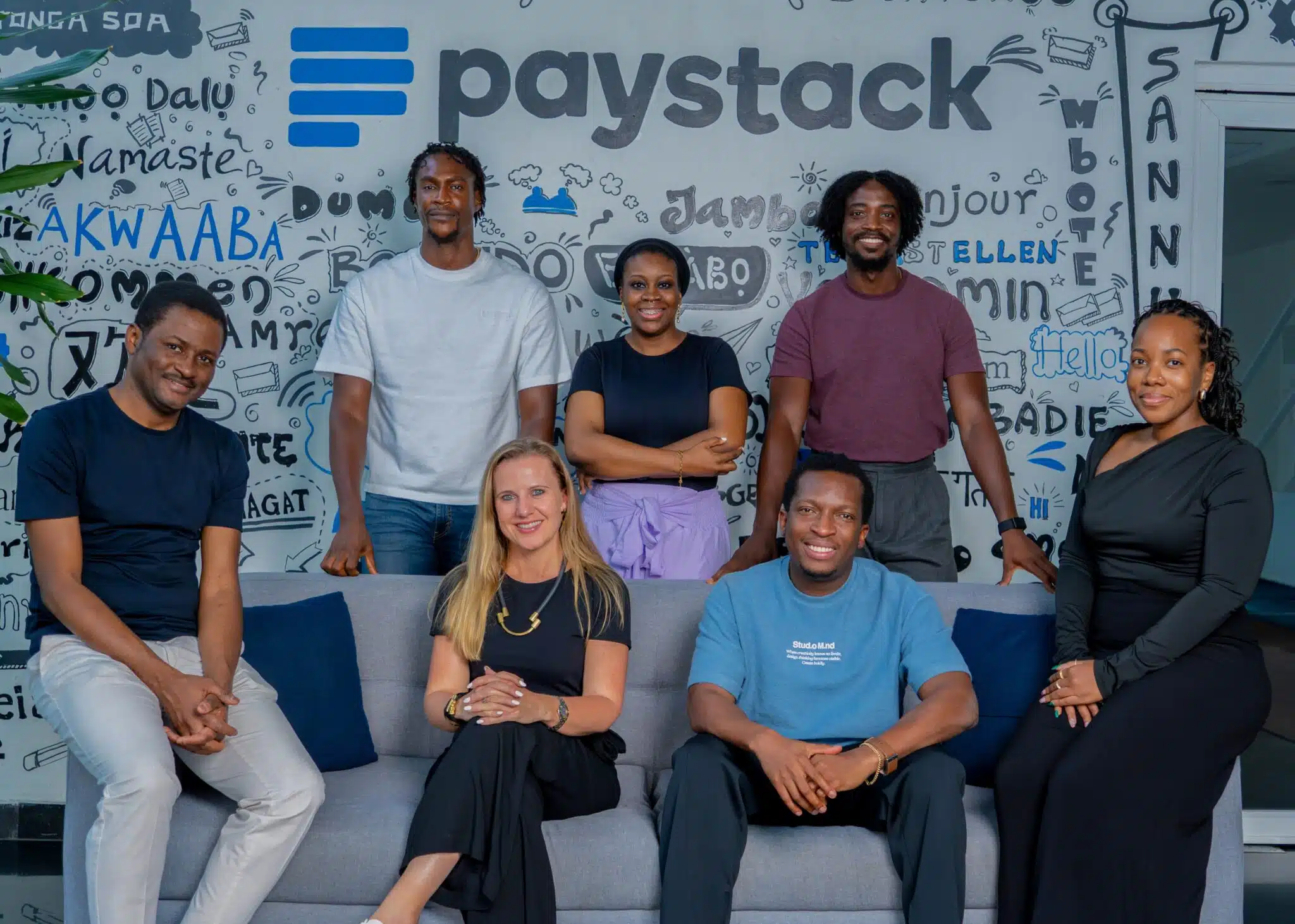Startups
In nearly a decade, hundreds of entrepreneurs have emerged with innovative startups across the African continent. We provide insights on their experiences and highlight the activities of investors who fund them.
Top stories

A lawsuit before Nigeria’s Competition Tribunal alleges Chowdeck inflated menu prices without clear disclosure, raising broader questions about commissions, transparency and pricing in the food delivery industry.

Millions of AI images are created every day, often guided by long prompts. StySwap wants to change that, using a single reference image to generate high-quality photos.

Mark Essein’s new product made $2.3 million in four months from less than 30 customers. Interestingly, HNG played a big played a big part in this. Here’s his advice to potential competitors who want to challenge Tripdesk.

After working in Ghana, an Israeli product manager founded Savannah to connect African developers with global companies. The bet paid off with an acquisition just three years later.

Google has opened applications for the 10th cohort of its Google for Startups Accelerator Africa, a 12-week AI-focused program supporting Series A startups building Africa-centric solutions.

Nigerian fintech Nomba has acquired a licensed Canadian payments firm to build B2B trade rails linking Africa and Canada.

GoCab has raised $45 million in fresh funding after reaching $17 million in ARR, validating its model that helps ride-hailing drivers acquire vehicles while building sustainable incomes.

In Nigeria, trending is easy, but getting paid is hard. Owllup is changing that by blending mentorship with a skill-to-wallet fintech pipeline.

Atsur is building the digital infrastructure that allows African artworks to be tracked, authenticated, and traded securely.

Moniepoint says it disbursed over ₦1 trillion in loans to 70,000 businesses in 2025. Provision stores received the most credit.

Nigerians may resent PayPal, but with the naira under pressure, startups like Paga are prioritising global reach and dollar inflows.

Trove Finance has acquired UCML Securities, rebranded as Innova Securities, to bring brokerage services in-house, strengthen compliance, and improve trade execution for its growing user base.

Zanders dreams of his startup one day becoming the foundational credit tool to facilitate successful farmer lending across Africa.

Born from a personal experience, Kollegescout wants students to search and compare Nigerian universities. filter institutions by location, tuition fees, and admission criteria.

Andela has acquired Woven, a technical assessment company, to deepen its AI-focused hiring capabilities as global demand rises for engineers who can build and deploy AI systems at scale.

Nigeria recorded its lowest funding share among Africa’s four largest startup markets in 2025, taking just eight percent of the continent’s $3.8 billion in disclosed funding.

Terra Industries’ seed round reignited claims that African VCs lack ambition, but a closer look suggests the story is less about fear and more about structural constraints.

Eric Annan bought bitcoin at $354, but after losing all his crypto earnings to failed businesses, the lessons he learned led him to build Aya HQ, one of Africa’s biggest Web3 incubation programmes.

Paystack says it is now profitable as it launches The Stack Group, a new holding company that brings together its payments, banking, and AI ambitions

Nigeria’s creator economy is maturing, with creators earning meaningful income and platforms multiplying, signalling a growing and vibrant digital ecosystem.
